South Korea Sees Surge in US Students Amid Internationalisation Drive
 2 Min Read
2 Min Read

South Korea’s growing internationalisation efforts, coupled with the global rise of K-pop and cultural exports, are attracting a rising number of students from the United States, a new report from Korea University and Underwood International College reveals.
The study highlights a remarkable increase in the number of US students choosing South Korea for their higher education, with numbers rising eight-fold since the early 2000s. Data from the Institute of International Education in the US and South Korea’s Ministry of Justice show that the number of American students studying in the country surged from 834 in 2002/03 to 5,909 in 2022/23.
This growth follows a broader trend of increased international students in South Korea, with the sector rebounding quickly after the pandemic. According to the report, these trends solidify South Korea’s position as a key player in global student exchange.
Several factors are driving this influx, the report suggests. The K-pop phenomenon, along with internationally successful television series like Netflix’s Squid Game, are significantly enhancing South Korea’s global appeal. The authors of the report, Kyuseok Kim and Edward Choi, noted that students are increasingly motivated by cultural immersion rather than just academic or career opportunities.
South Korea’s internationalisation strategy, which began in the 1990s, is also paying dividends. The country aims to welcome 300,000 international students by 2027, having invested in educational exchanges and expanded the number of English-taught programmes.
The report also points out shifting attitudes among US students, who are now more interested in short-term study abroad opportunities that offer cultural experiences alongside academic learning. As South Korea’s educational appeal strengthens, future international education providers are expected to cater more to the demand for culturally integrated, shorter programmes.
Source: THE PIE NEWS
Top Stories

British Council Hosts New Directions South Asia 2025 in India
February 28, 2025 | By Ezra
Bangor University to Cut 200 Jobs Amid Financial Crisis
February 27, 2025 | By Jace
AI-Generated Journalism Fails to Meet Audience Expectations: RMIT Report
February 26, 2025 | By VaidantMore Articles

UAE Introduces Nomination-Based Golden Visa for Indians, Lifetime Residency Without Property Investment
In a major policy shift, the United Arab Emirates (UAE) has launched a new nomination-based
By Jace

Trump Administration Reconsiders Time Limits for US Student Visas
The United States may soon reintroduce fixed time limits on international student visas, ending the current…
By Ezra

Denmark Expands Positive List for Foreign Workers from 1 July 2025
Denmark has announced a major update to its Positive List for foreign workers, increasing the number of eligible job roles…
By Daniel

UK Home Office Explores Remote Testing Options for £680m HOELT Tender
The UK Home Office has launched a fresh round of market engagement for its upcoming Home Office English Language Test…
By Neerav

Kazakhstan Emerges as Global Education Hub with Surge in International Campuses
Kazakhstan is fast becoming a new hotspot for international higher education as universities from across the globe prepare…
By Kai

Italy to Issue 500,000 Work Permits for Foreign Nationals Between 2026 and 2028
In a significant move to address labour shortages and demographic decline, Italy has announced plans to issue…
By Vaidant

Norway Proposes Fee Flexibility for Non-European Students Amid Enrolment Drop
In response to a steep decline in international enrolments, the Norwegian government has proposed giving universities and colleges…
By Siya
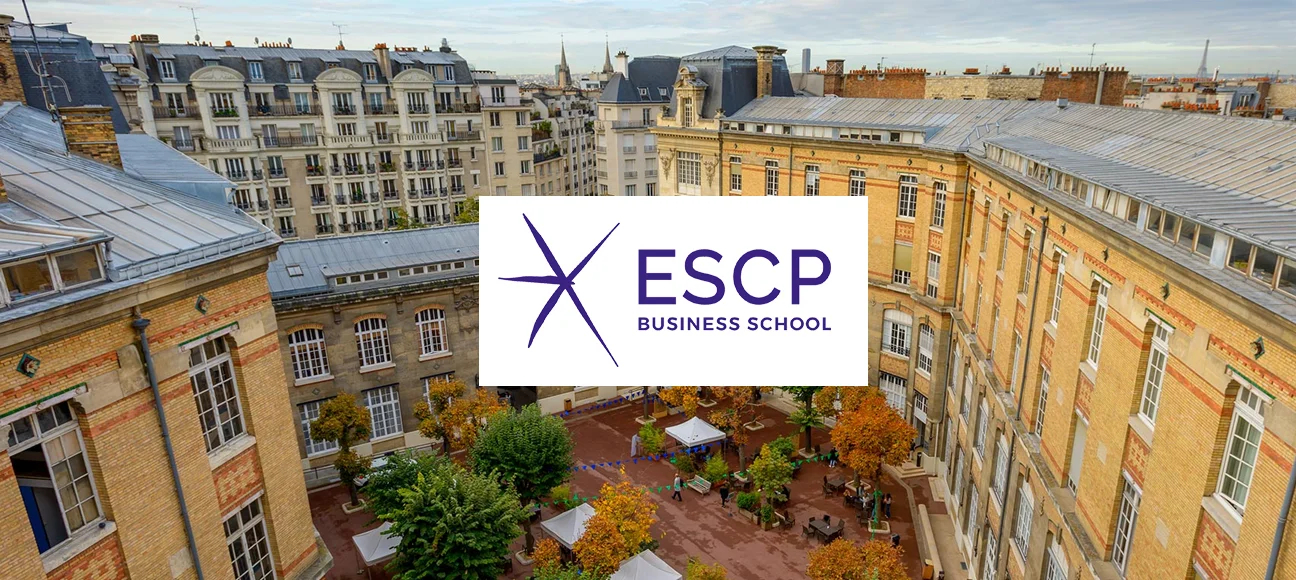
France’s ESCP Business School Launches New Schools, Deepens India Ties
France’s ESCP Business School has announced a major expansion plan under its 2026–2030 Bold & United…
By Advay

JGU Signs MoUs with Cambridge Colleges to Launch Study Abroad Programmes
India’s O.P. Jindal Global University (JGU) has formalised strategic partnerships with two colleges of…
By Kai
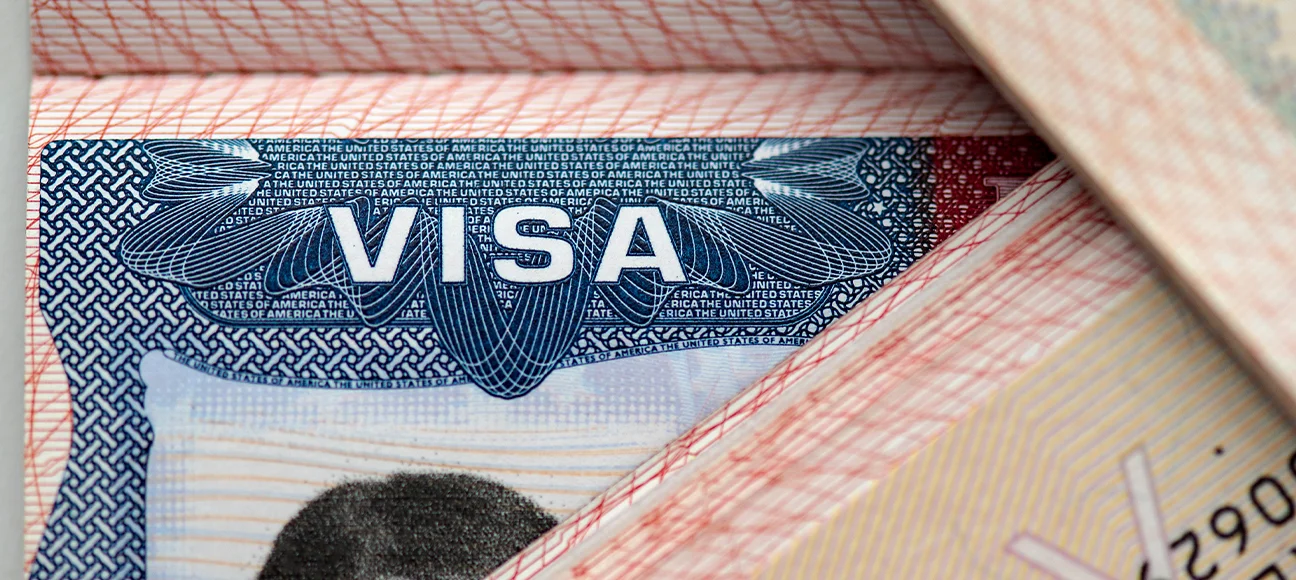
Visa Denials Top the List of Challenges for US English Language Sector
Despite slight growth in student numbers, visa denials have emerged as the leading challenge facing the US English Language…
By Jace

Japan’s Study Abroad Numbers Rebound in 2024, Australia Leads as US Interest Declines
Japan’s outbound study abroad figures have nearly returned to pre-pandemic levels, according to the Japan Association of Overseas…
By Vaidant

Duolingo Launches UK Welcome Project to Support Displaced International Students
In response to rising visa delays and geopolitical disruptions impacting student mobility, Duolingo English Test (DET) has launched…
By Neerav

Australia Launches Interim Tertiary Education Commission to Drive Long-Term Reform
In a significant policy shift, the Australian Government has officially launched the interim Australian Tertiary Education…
By Daniel
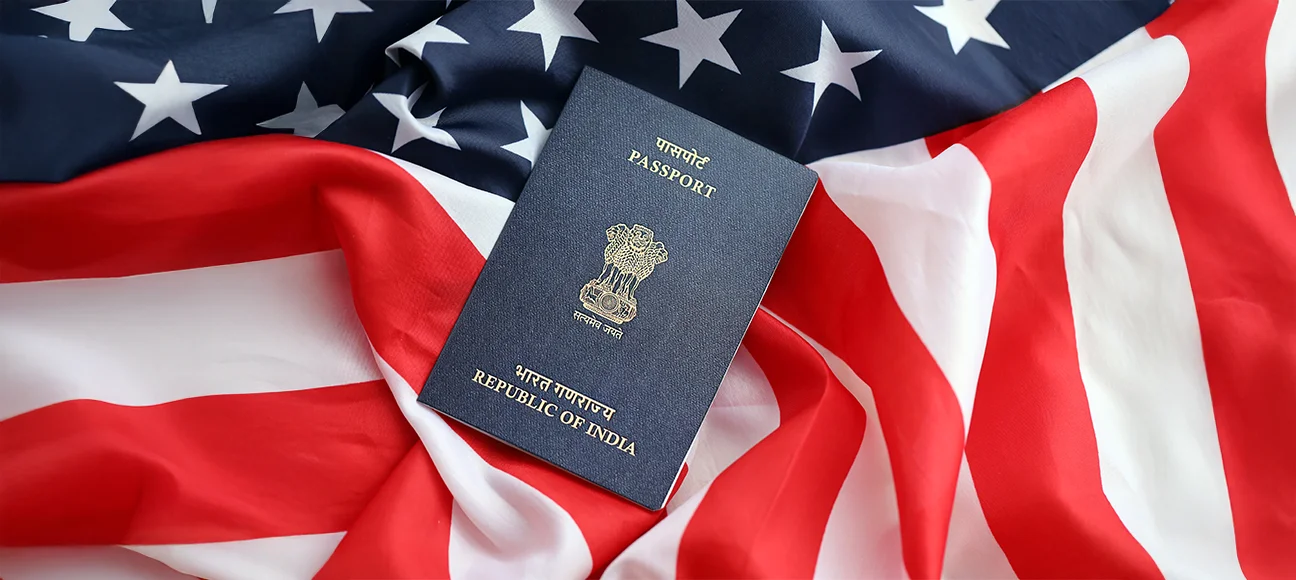
India Calls for Fairness as US Tightens Student Visa Screening
India has urged the United States to ensure fair treatment of Indian nationals following Washington’s recent directive to intensify…
By Henry

Australia Hikes Student Visa Fee to AUD$2,000, Sparking Sector-Wide Concerns
The Australian government has increased its student visa application fee to AUD$2,000, solidifying its position as the most expensive…
By Kai
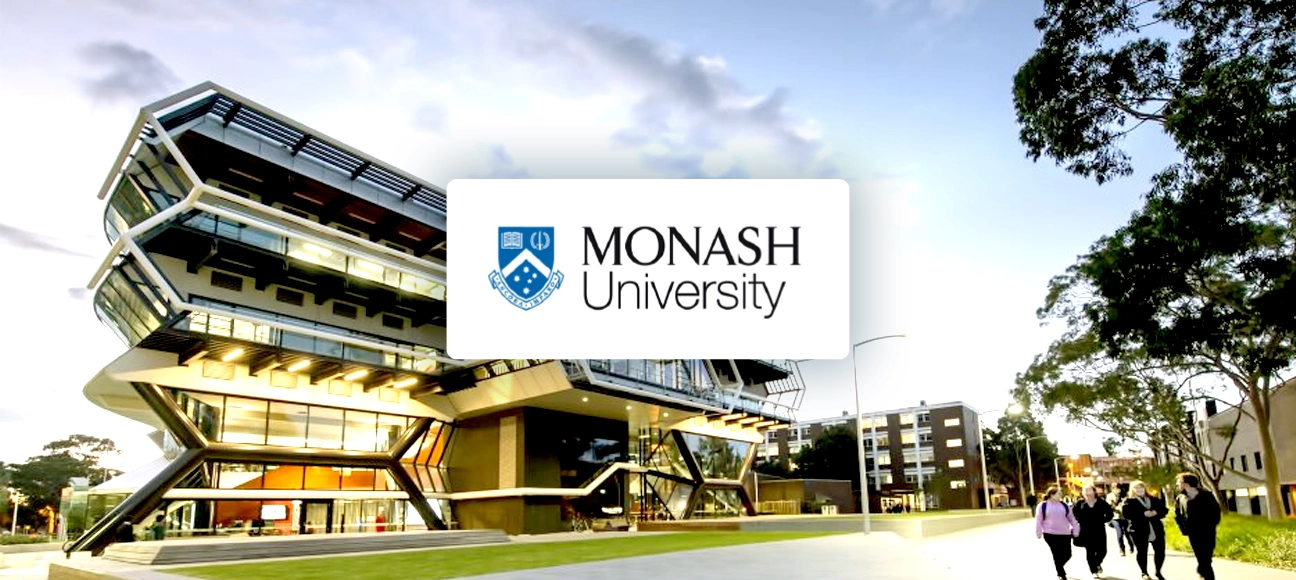
Monash University, Australia, Announces 2025 International Leadership Scholarship for Global Students
Monash University, Australia, has opened applications for its prestigious Monash International Leadership Scholarship, aimed at…
By Aahana
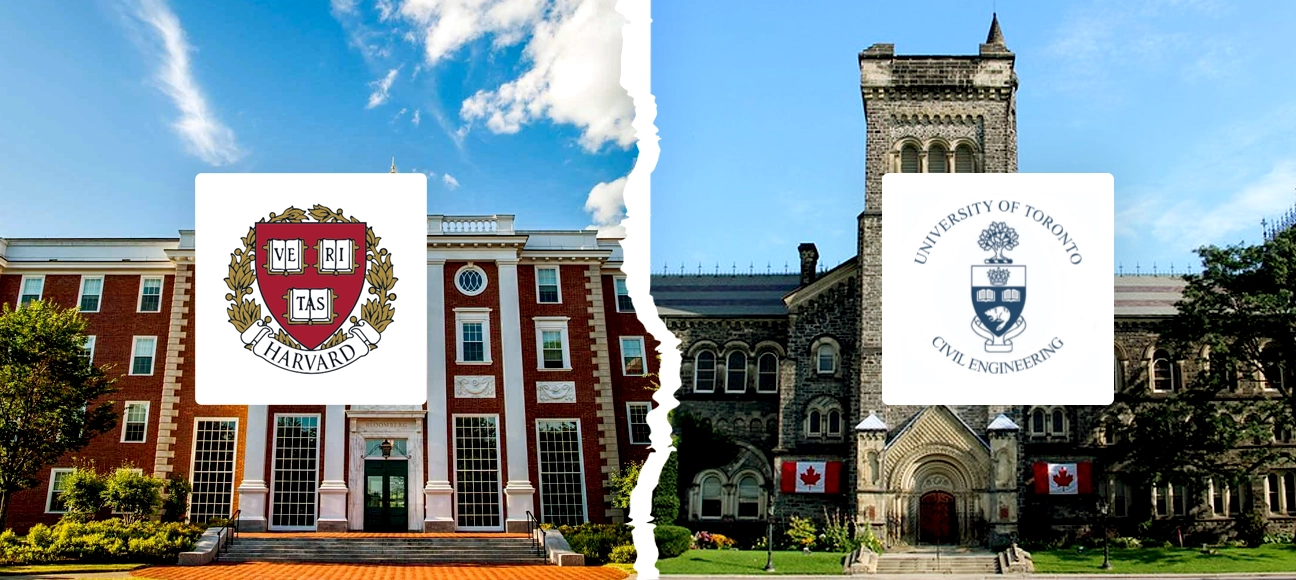
Harvard Partners with University of Toronto to Protect International Students Amid US Visa Uncertainty
Harvard University has announced a contingency partnership with the University of Toronto to safeguard international students’ academic…
By Advay
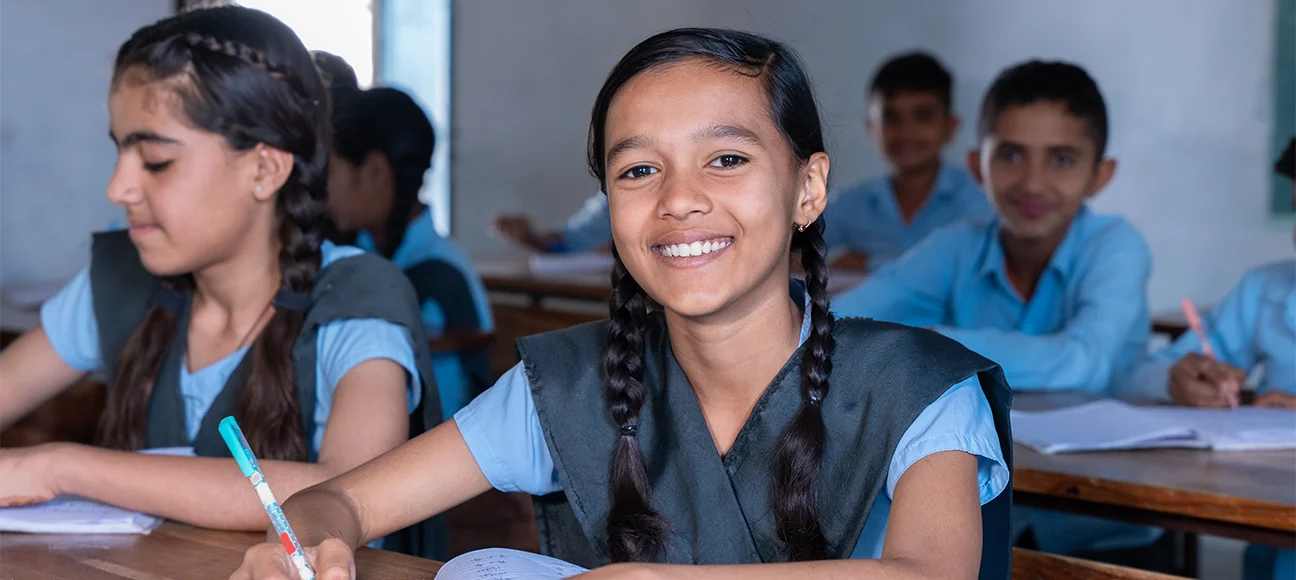
CBSE Announces Twice-a-Year Class 10 Board Exams Starting 2025 Under NEP Reform
In a major reform aligned with India’s National Education Policy (NEP) 2020, the Central Board of Secondary Education (CBSE) has announced…
By Ezra

Canada Revises PGWP Eligibility List, Removing 180 Fields of Study
In a fresh policy update, the Government of Canada has revised the list of programmes eligible for the coveted Post-Graduation…
By Jace

New Zealand Relaxes Visa Rules for Degree Holders from India and Eight Other Nations
In a significant boost to international mobility, New Zealand has updated its List of Qualifications Exempt from Assessment (LQEA), easing immigration…
By Siya

UAE’s New Study Abroad Criteria Raise Concerns Over Ranking-Driven Restrictions
The United Arab Emirates has introduced stricter study abroad regulations for Emirati students, tying eligibility for overseas…
By Daniel

Legal Battle Rekindled Over US Student Visa Revocations
A fresh legal challenge has been launched against the United States government over its sweeping revocation of international student visas and SEVIS…
By Henry
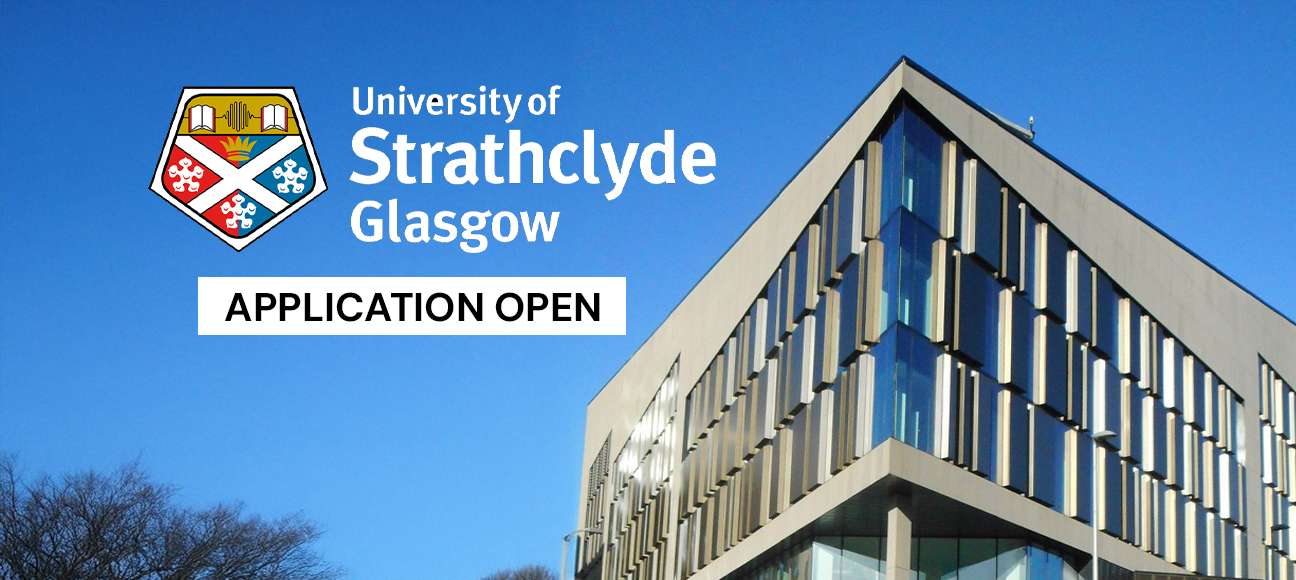
University of Strathclyde Opens Applications for MRes in Mathematical Sciences for September 2025
The University of Strathclyde, based in Glasgow, Scotland, is now accepting applications for its one-year…
By Jace

Malaysia’s New 6% Service Tax on Private Education to Impact International Students
Malaysia will implement a 6% service tax on private education for international students…
By Advay

Spain Offers Fast-Track Visas to International Students Affected by U.S. Visa Policies
In a strategic bid to position itself as a global education hub, Spain has unveiled a fast-track…
By Ezra

Canada Mulls Tweaks to Study Permit Cap as Sector Faces Job Losses and Financial Strain
The Canadian government is considering potential adjustments to its controversial cap on…
By Henry

Trump Reassures Chinese Students Amid Visa Crackdown Concerns
In a surprising shift in tone, former US President Donald Trump has declared that…
By Vaidant

US Tightens Social Media Screening for Student Visa Applicants
In a move drawing sharp criticism from immigration experts, the United States has…
By Neerav

India–Canada Diplomatic Reset Boosts Student Confidence, Sparks Surge in Canadian College
The recent improvements in diplomatic tensions between India and Canada has reignited student interest in Canadian universities, with…
By Siya
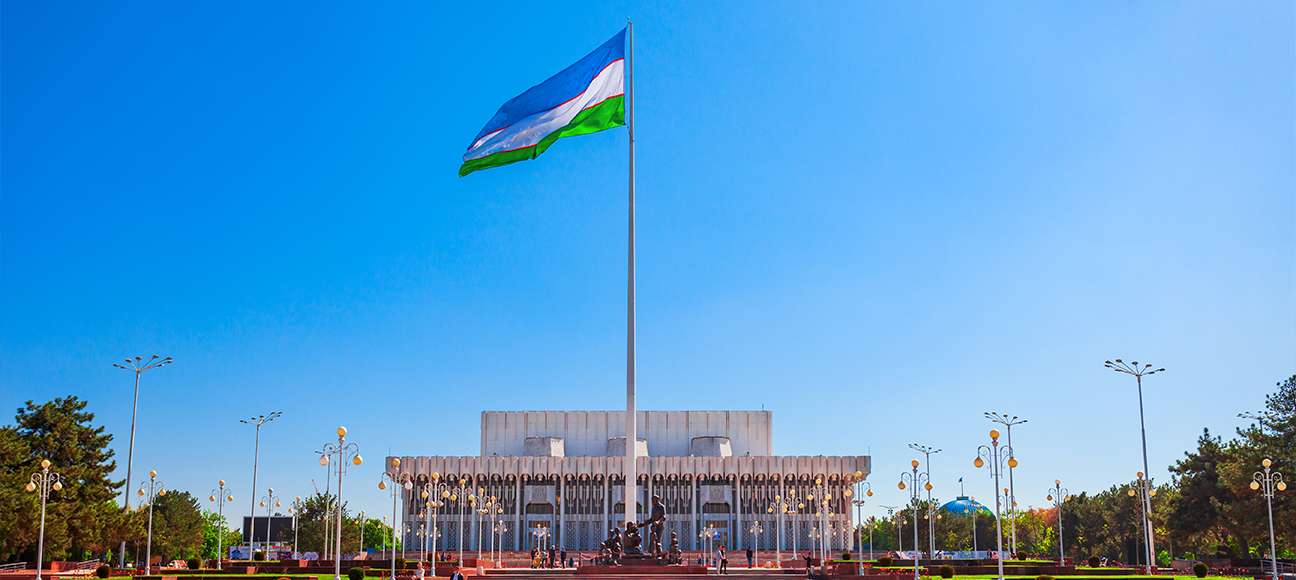
Uzbekistan Offers Fully Funded Master’s Scholarships to Indian Students in Tourism and Heritage
The Republic of Uzbekistan has announced five fully funded scholarships exclusively for…
By Jace

Uzbekistan Announces Fully-Funded Master’s Scholarships for Indian Students
The Republic of Uzbekistan has opened applications for five fully-funded scholarships exclusively for…
By Daniel

Five International Universities to Open Campuses in Mumbai
In a major development for India’s transnational education (TNE) landscape, five international universities…
By Kai

US Resumes Student Visa Interviews
The United States has resumed student visa interviews globally after a nearly four-week…
By Henry

IIT Delhi, Bombay Among Top 130 in QS World University Rankings 2026
India Rises in QS World University Rankings 2026 as IIT Delhi and IIT Bombay Enter Global…
By Ezra
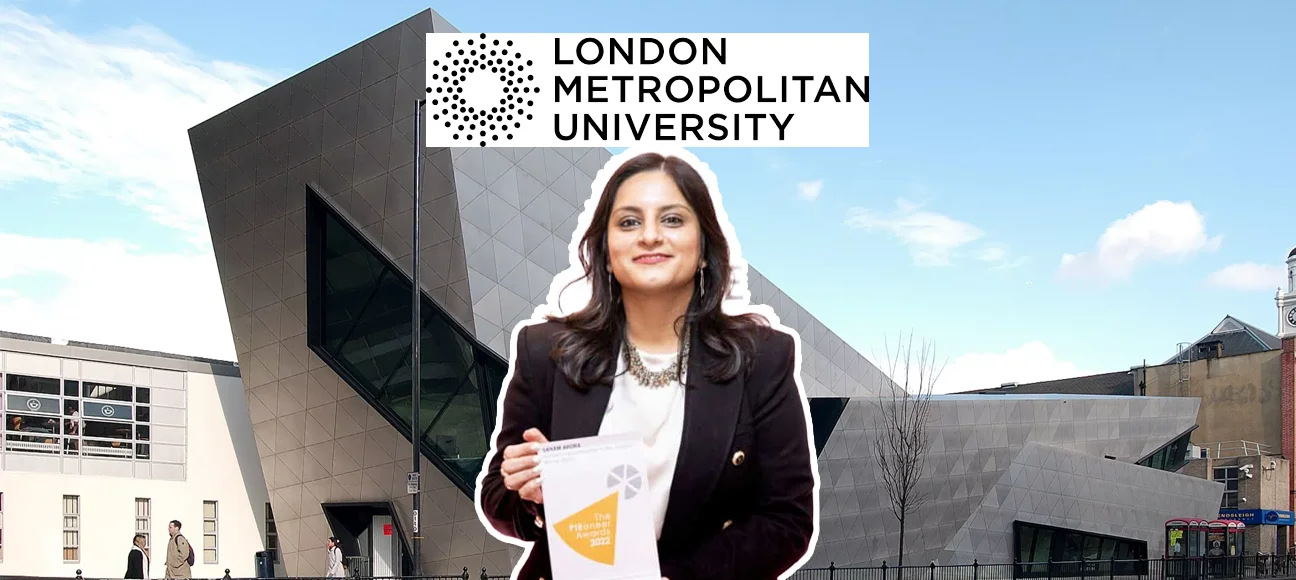
NISAU Founder Sanam Arora Joins London Metropolitan University Board of Governors
London Metropolitan University has appointed Sanam Arora, chair of the National Indian Students and…
By Vaidant

Wales Emerges as Rising UK Hub for International Students
Wales is fast becoming a leading destination for global learners, with new data revealing the country…
By Aahana

Perth International College of English Closes Amid Visa Fee Hikes and Enrolment Struggles
The Perth International College of English (PICE), a long-standing institution in Australia’s ELICOS…
By Advay

King’s College School Wimbledon to Launch Flagship International Campus in Abu Dhabi
King’s College School Wimbledon has announced its plans to open a new international campus in Abu Dhabi, in…
By Siya

Swinburne University to Offer Australian Degrees in Qatar Through Barzan University College Partnership
Australia’s Swinburne University of Technology has announced a strategic partnership with Barzan University College…
By Neerav

Uzbekistan Sees Surge in Indian Student Enrolment, Driven by Medical Aspirants
The number of Indian students pursuing higher education in Uzbekistan has witnessed a dramatic rise, with…
By Daniel

University of Strathclyde Offers £7,000 International Masters Scholarship in Physics
The University of Strathclyde in the United Kingdom has launched a new round of £7,000 International Masters…
By Kai

Ongoing US Visa Freeze Disrupts Summer Exchange Programmes
A continuing freeze on US visa interview appointments is threatening to derail thousands…
By Jace

UAE Flags Overseas Universities Exploiting Emirati Students Amid New Recognition Rules
The United Arab Emirates has raised serious concerns about the quality of education offered to Emirati…
By Aahana

Germany Cautions Indian Students: Avoid Study Abroad ‘Package Deals’ from Unreliable Agents
Germany has issued a strong advisory to Indian students, urging them to avoid relying on…
By Ezra

East Asia Ramps Up Internationalisation as Western Study Destinations Face Policy Shifts
As traditional study destinations such as the UK, US, Canada and Australia tighten immigration…
By Daniel

UK Remains a Top Choice for International Students Despite Immigration White Paper Concerns
Despite growing apprehensions surrounding the UK government’s recent immigration…
By Advay

UK Boarding School Launches Elite Football and Education Programme for Global Students
Abbotsholme School in Staffordshire, United Kingdom, has unveiled an elite football…
By Henry

Duolingo Launches USD 30,000 Scholarship for Indian Women in STEM Pursuing Studies in the US
The Duolingo English Test (DET), in collaboration with the Office of the Principal Scientific Adviser to the…
By Vaidant

Over 1.33 Crore Students Sit for Gaokao, China’s National College Entrance Exam
More than 1.33 crore students across China took the Gaokao on Saturday, the country’s high-stakes national college entrance…
By Siya

Nepal to Offer Free Visas for International Students in Bid to Boost Education Appeal
Nepal has announced it will offer free student visas to international learners enrolling at its…
By Neerav

UAE Tightens University Ranking Criteria for Emirati Students Studying Abroad
The United Arab Emirates has introduced new regulations that limit where Emirati students…
By Henry
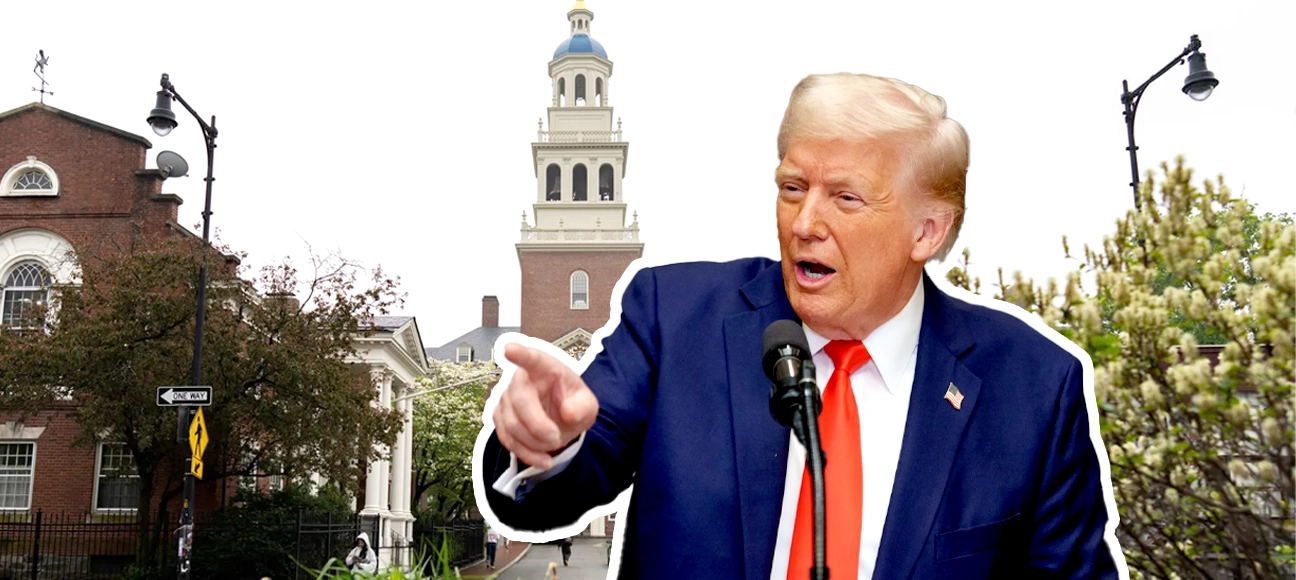
Trump Blocks New Visas for Harvard International Students in Escalating Row
In a dramatic escalation of tensions between the Trump administration and Harvard…
By Daniel

Trump Issues Sweeping Travel Ban on 12 Nations, Including Afghanistan and Iran
Former U.S. President Donald Trump has signed a new proclamation blocking citizens from 12…
By Kai

Rising Rents Deepen UK Student Housing Affordability Crisis
The United Kingdom is facing a worsening student housing affordability crisis, with new data revealing a 15% rise in the…
By Advay

US Orders Social Media Vetting for Harvard Visa Applicants, Raising Global Concerns
The United States has begun implementing enhanced social media screening for all international applicants bound for Harvard…
By Kai

US Visa Interview Freeze Puts Future of International Students in Jeopardy
A freeze on student visa interviews by the US State Department has raised alarm across the international education sector, threatening…
By Aahana
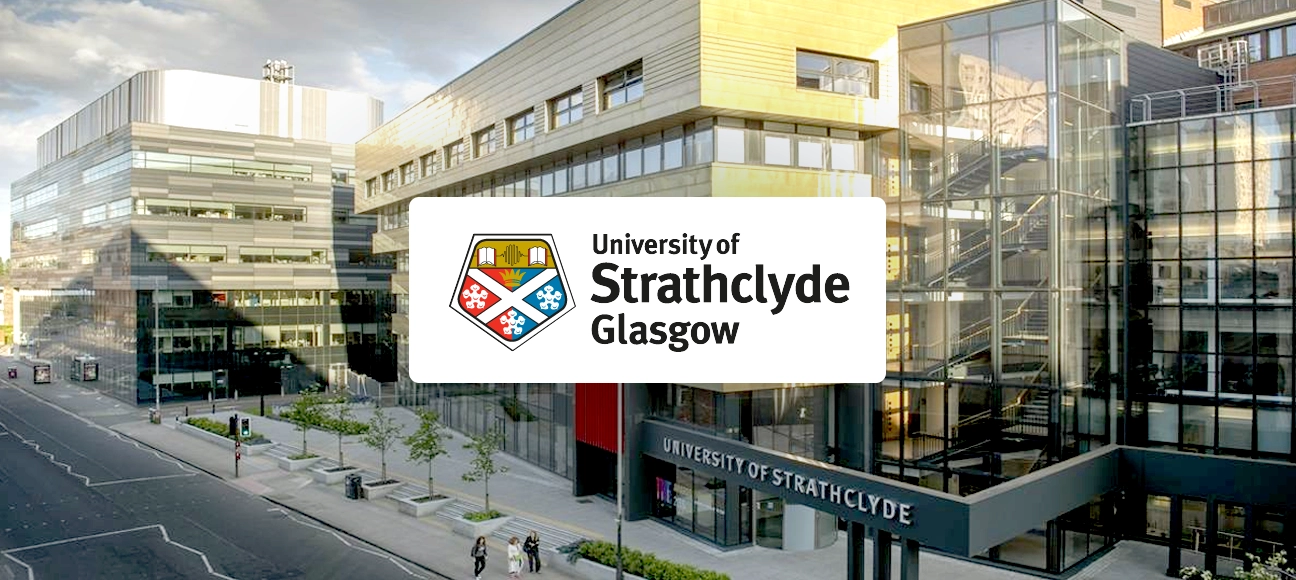
Strathclyde Business School Announces £8,000 Scholarships for 2025 International MSc Students
In celebration of Glasgow’s 850th anniversary, the University of Strathclyde Business School (SBS), Glasgow, Scotland…
By Daniel
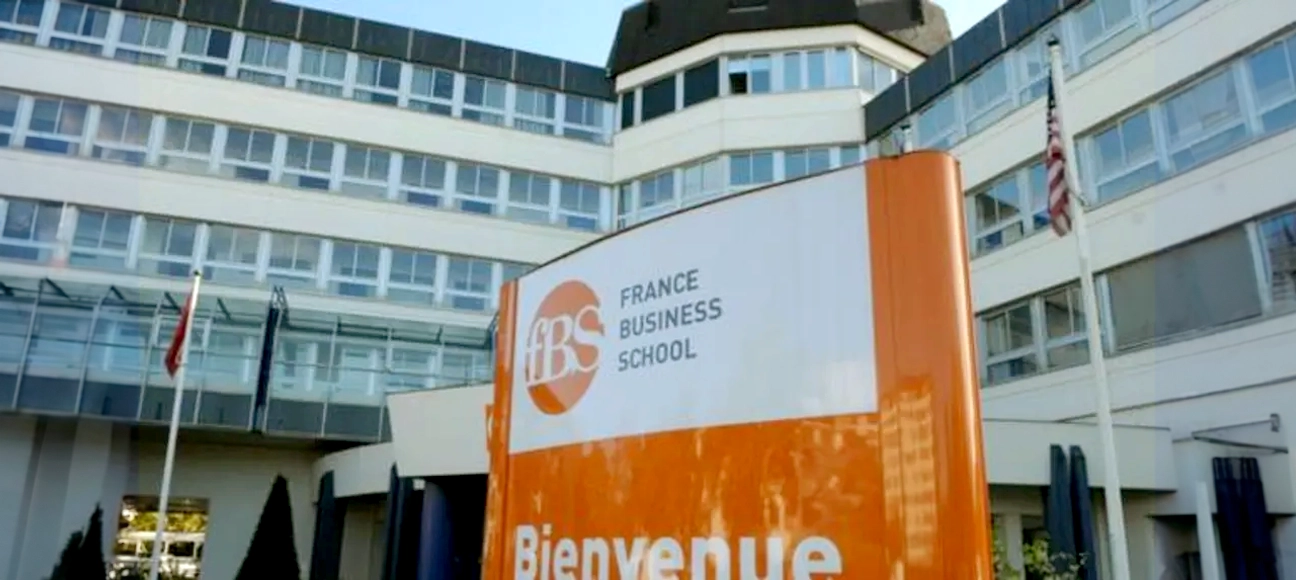
French Business School Offers Safe Haven to Students Affected by US Visa Chaos
As international students face mounting visa hurdles in the United States, France has stepped forward with an…
By Ezra
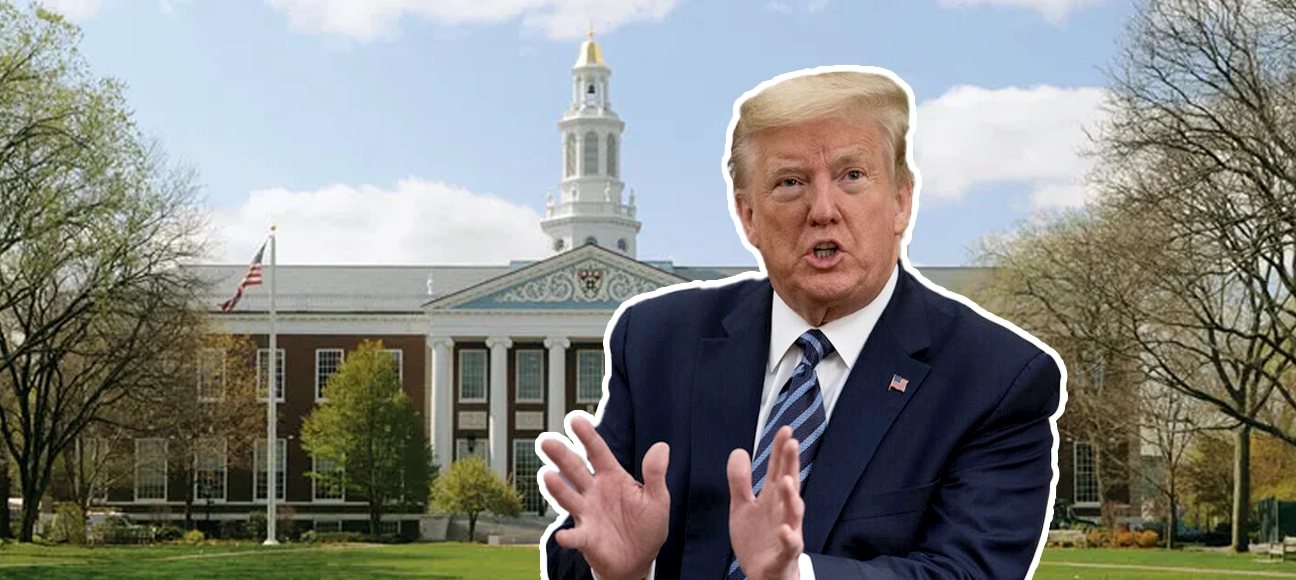
Harvard Wins Temporary Relief as US Court Blocks Trump’s Ban on International Students
A United States judge has issued a preliminary injunction halting the Trump administration’s controversial attempt to bar Harvard…
By Siya

Trump Administration Plans to Withdraw $100m in Harvard Funding Amid Ongoing Dispute
The United States government is reportedly preparing to pull approximately $100 million in federal…
By Neerav
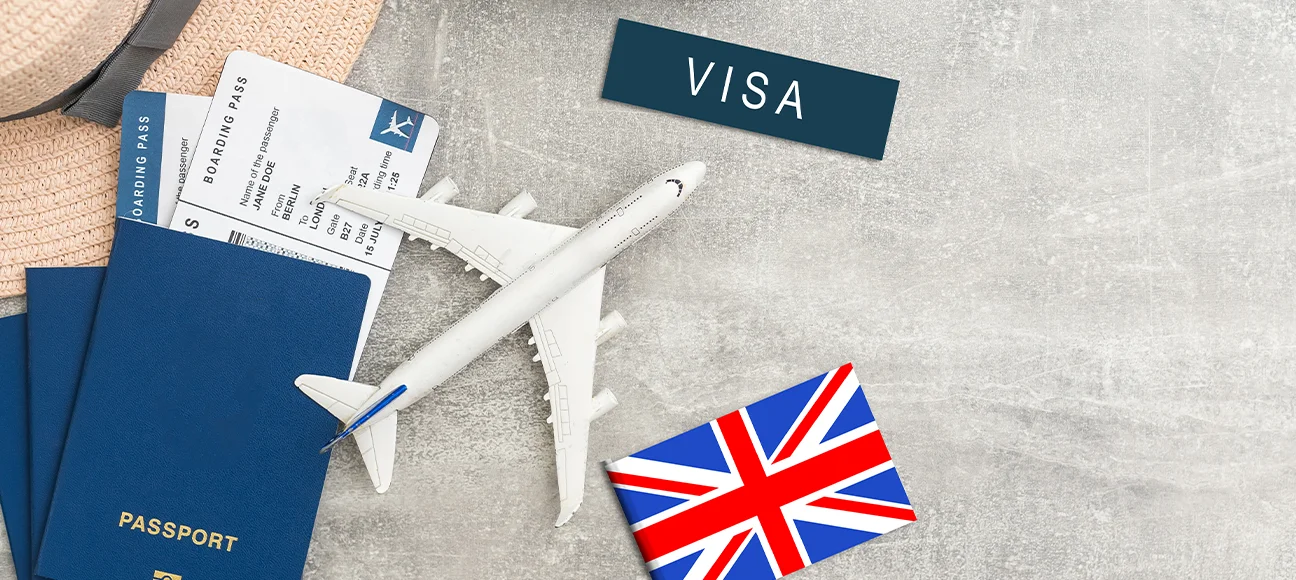
UK Higher Education Sector Braces for “Arbitrary” Visa Compliance Overhaul
The UK government’s proposed changes to the Basic Compliance Assessment (BCA) for international…
By Henry

US to “Aggressively Revoke” Chinese Student Visas Amid Escalating Tensions
In a move likely to deepen China-US tensions, the United States has announced it will…
By Jace

TOEFL Set for AI-Driven Revamp with Adaptive Testing and Simplified Processes
The Educational Testing Service (ETS) has announced major upgrades to the Test of English as…
By Vaidant

University of London and ACCA Launch Integrated BSc in Professional Accountancy
The University of London, in collaboration with the Association of Chartered Certified…
By Aahana
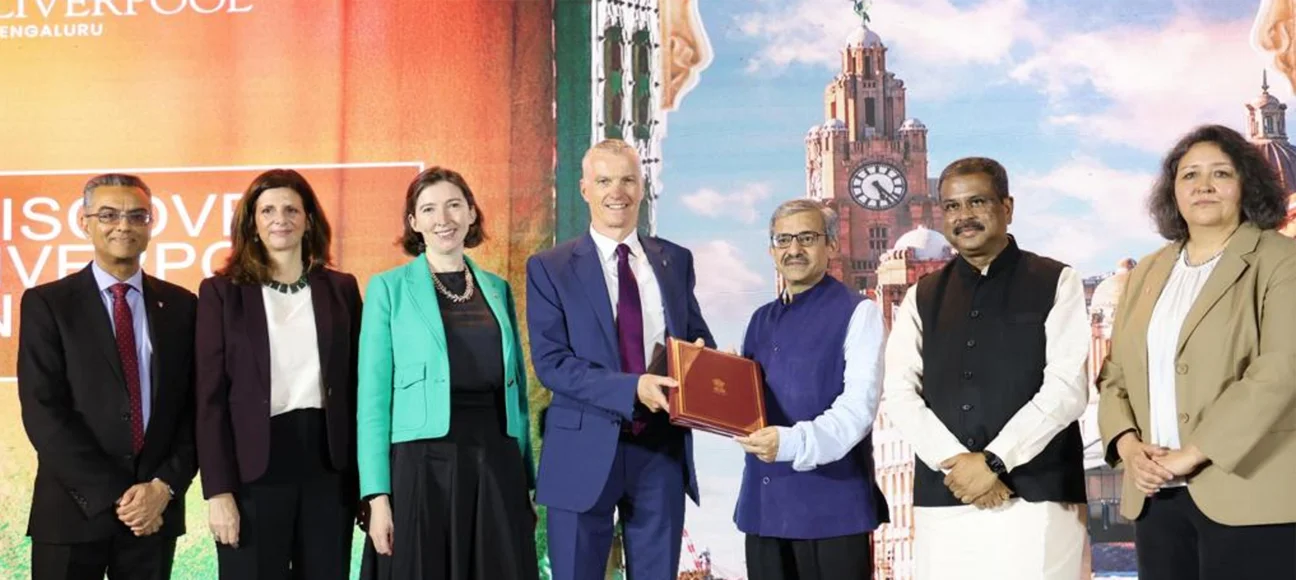
University of Liverpool Announces New International Campus in India
The University of Liverpool has officially announced plans to establish an international branch…
By Advay

Trump Administration Halts New US Student Visa Interviews Amid Plans for Expanded Social Media Vetting
The United States has temporarily halted the scheduling of new international student visa interviews at…
By Kai
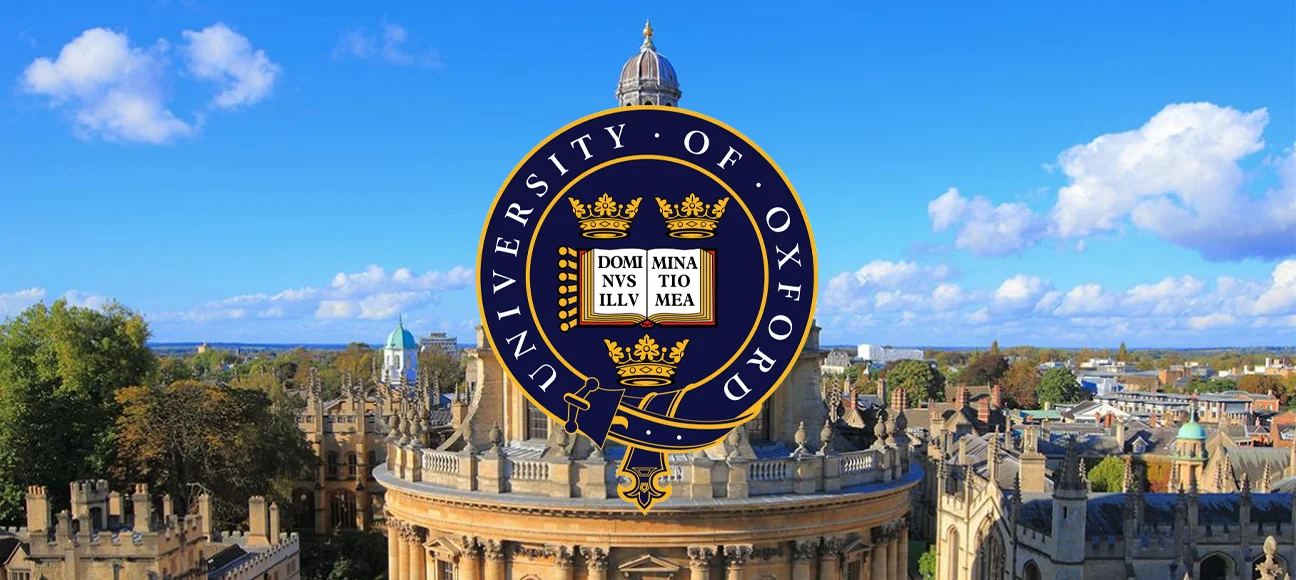
Five Oxford Researchers Elected Fellows of UK’s Academy of Medical Sciences
In a significant recognition of academic excellence, five researchers from the University of Oxford…
By Daniel

Study in Denmark: 16 Fully Funded NAD PhD Fellowships in Neuroscience Announced
Denmark is inviting applications for 16 fully funded PhD fellowships in neuroscience through the…
By Ezra
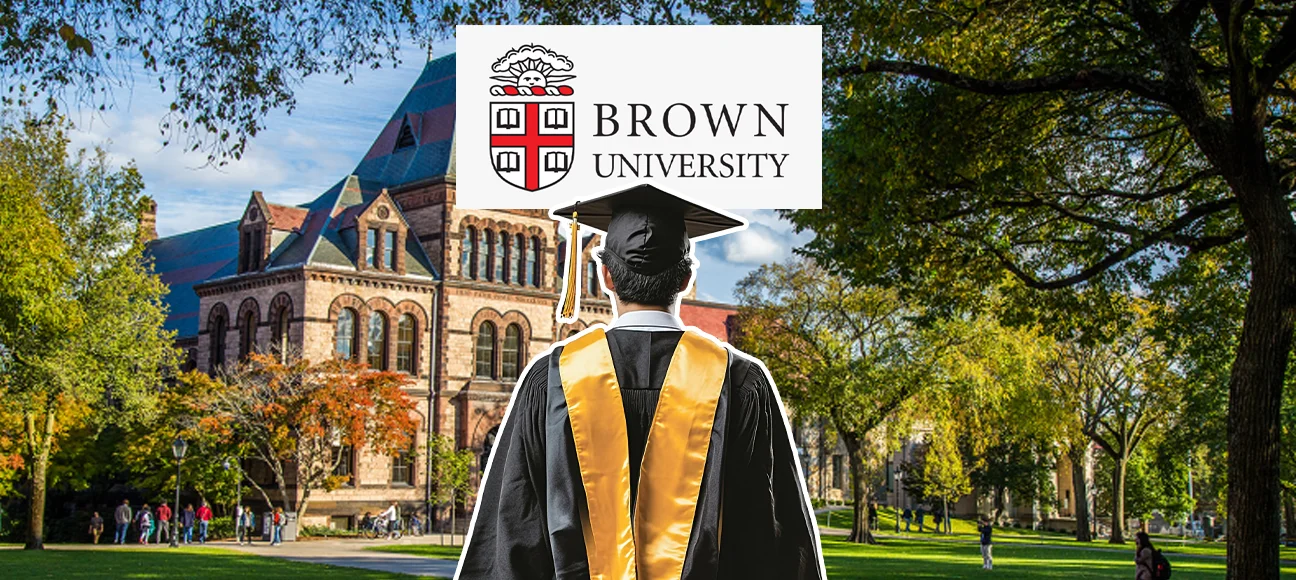
Brown University Confers Degrees to Class of 2025, Urges Grads to Lead with Compassion
Brown University, one of the Ivy League institutions in the United States, has officially conferred…
By Siya
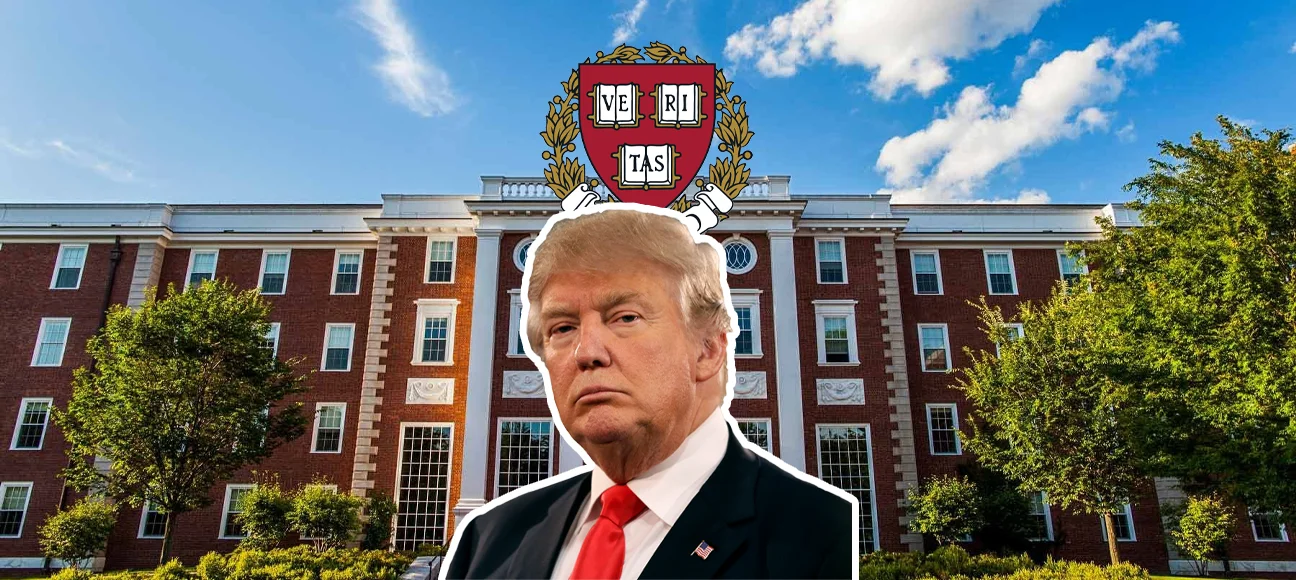
US Judge Blocks Trump Administration’s Ban on International Enrolments at Harvard
A federal judge has temporarily halted the Trump administration’s attempt to prevent Harvard…
By Vaidant

Trump’s Immigration Nominee Vows to End Post-Study Work Visas for International Students
In a move that could significantly impact international education, President Trump’s…
By Neerav

Five Global Universities Set to Establish Campuses in India Under New UGC Regulations
In a landmark move for Indian higher education, five internationally acclaimed universities…
By Henry

University of Portsmouth Launches London Pathway College to Boost Access and Global Engagement
The University of Portsmouth has officially launched its London Pathway College (LPC), marking a major…
By Jace

UK Net Migration Drops Sharply as Student Dependant Ban Takes Effect
The United Kingdom has recorded a significant decline in net migration, marking…
By Advay

University of Sheffield Opens Applications for MA Urban Design and Planning 2025 Intake
The University of Sheffield, UK, has opened admissions for its prestigious MA Urban Design and Planning…
By Daniel

Enhancing the TOEFL iBT for Today’s Learners
ETS has announced several upcoming changes to the TOEFL iBT test that will make the exam more…
By Sunithi
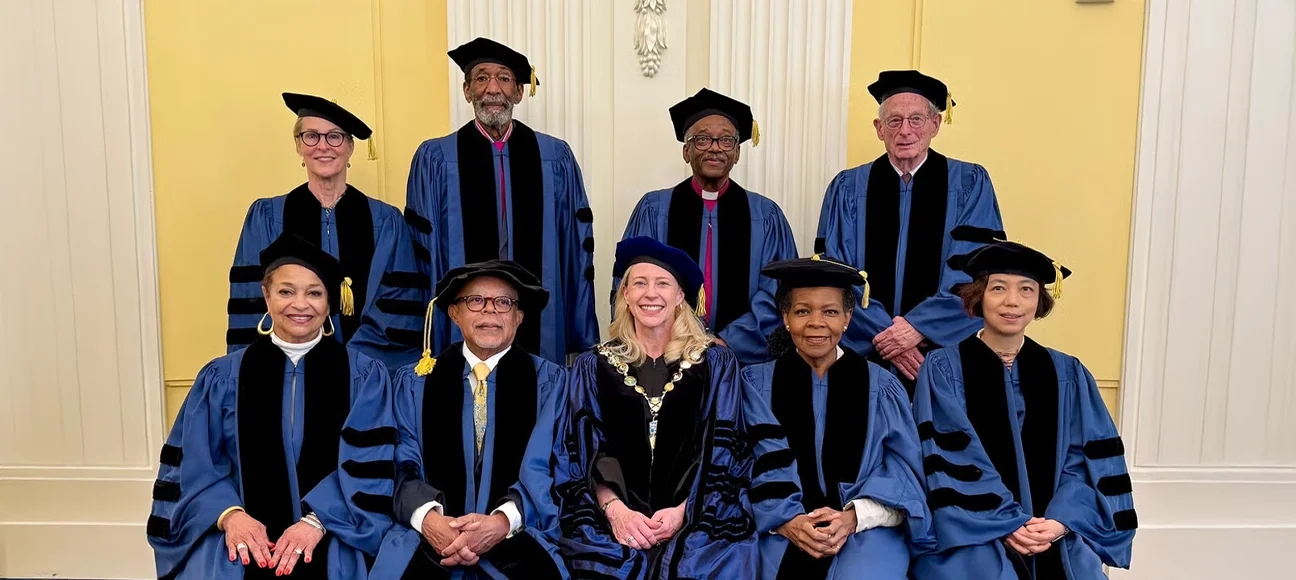
Yale University Honours Eight Visionaries with Honorary Degrees at 324th Commencement
In a celebration of excellence, Yale University conferred honorary degrees upon eight…
By Siya

UK and Ukraine Deepen Education Ties Amid Ongoing Conflict
The United Kingdom and Ukraine have signed a new agreement to strengthen their…
By Aahana
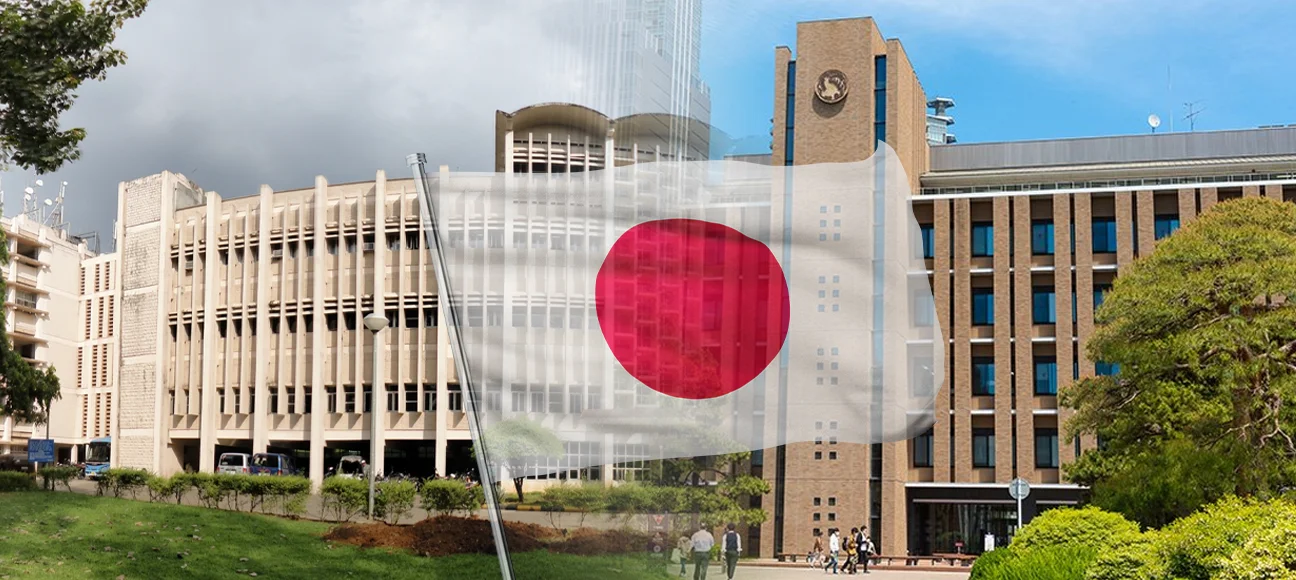
IIT Bombay to Launch First Overseas Centre in Japan in Collaboration with Tohoku University
In a landmark move, the Indian Institute of Technology (IIT) Bombay is set to establish its…
By Neerav

Indian Students Abroad to Get Insurance Cover for Visa Cancellations and Job Loss
In a major development for Indian students studying overseas, insurance companies in India have launched new…
By Kai

Kazakhstan Hits Record Number of International Students Amid Global Partnerships
Kazakhstan has reached a new milestone in its higher education journey, recording an…
By Kai
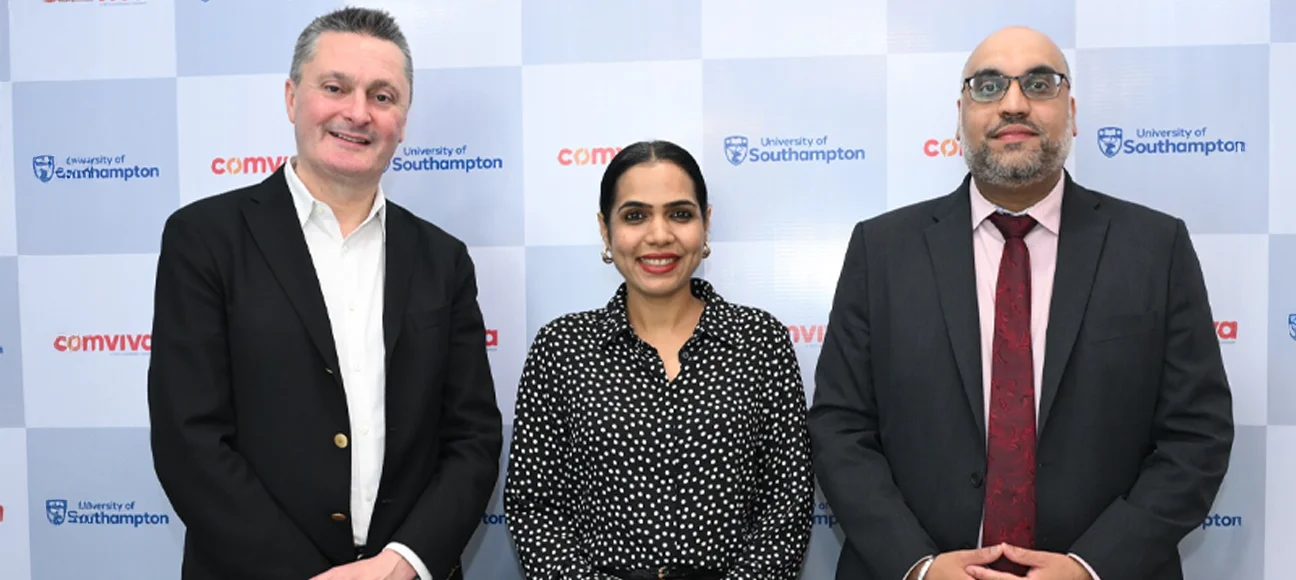
University of Southampton Delhi and Comviva Partner to Boost Tech Talent in India
The University of Southampton Delhi has announced a landmark collaboration with Comviva, a global…
By Jace

Youth Mobility and Erasmus Return to the Table in EU-UK Talks
In a potential game-changer for young students and professionals, leaders from the United Kingdom and…
By Advay
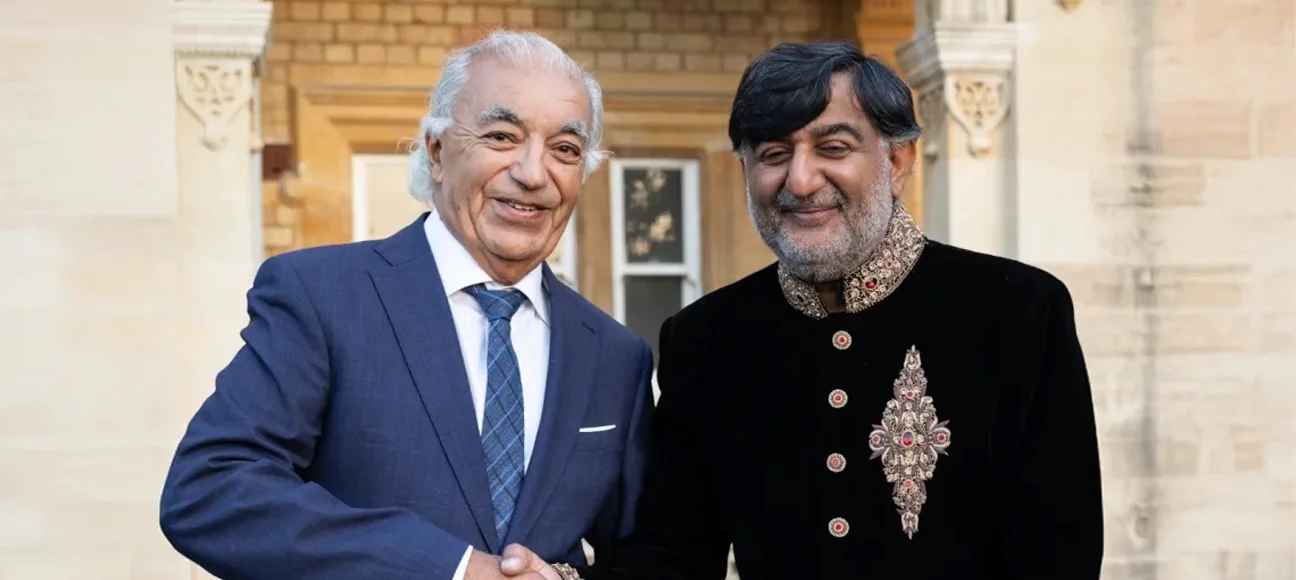
Oxford University Receives £8.4 Million to Launch Centre for Global Primary Care
The University of Oxford has received a transformative £8.4 million gift from the Fondation Docteur…
By Aahana

UK Immigration Reforms to Begin Soon, But Student Levy Awaits Legislation
Reforms outlined in the United Kingdom’s recently published immigration white paper are expected to…
By Kai

Brown University to Launch New Welcome Centre for Prospective Students and Families
Brown University is set to enhance the campus visit experience with the establishment of a new…
By Daniel

UK Universities Launch Tailored Career Support for Chinese Graduates Returning Home
The University of Birmingham and the University of Glasgow have joined forces to provide targeted career support for Chinese graduates returning…
By Aahana

AAERI Urges Visa Reform Linking Students to Original Institutions in Australia
The Association of Australian Education Representatives in India (AAERI) has called for a significant overhaul of Australia’s student visa system…
By Daniel

COBIS Conference Champions Safeguarding and Purpose-Driven Education
The Council of British International Schools (COBIS) Annual Conference, held in London this week, placed safeguarding and social…
By Advay

European Universities Unite to Defend Academic Freedom Amid Global Uncertainty
European universities have reaffirmed their dedication to academic freedom amid rising concerns over political pressures…
By Ezra

Troy University Students Awarded Prestigious Gilman Scholarships for Study Abroad
Two students from Troy University, USA, have been selected for the highly competitive Benjamin A. Gilman International Scholarship…
By Kai

UAE Launches 10-Year Blue Visa for Sustainability Leaders
The United Arab Emirates (UAE) has officially launched applications for its new 10-year Blue Visa, a long-term…
By Henry
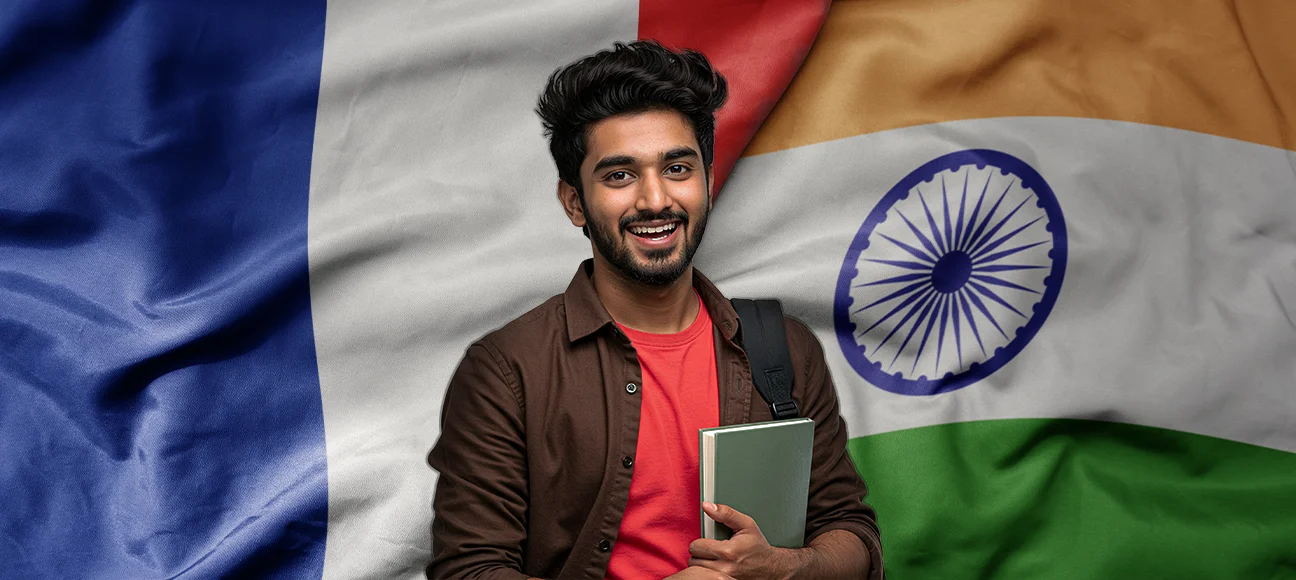
France Sets Bold Target to Welcome 30,000 Indian Students by 2030
In a significant step towards deepening Indo-French educational ties, France has announced plans to host 30,000 Indian students by 2030, nearly tripling the…
By Aahana

Applications Opening Soon for Postdoctoral Forrest Fellowships 2026 in Australia
Early-career researchers seeking international academic advancement can now prepare to…
By Siya

UK Graduate Route Cut to 18 Months Under Immigration Overhaul
The UK government has unveiled a comprehensive immigration white paper, with Prime Minister Keir Starmer confirming that the…
By Daniel

UK Unveils Stricter English Language Rules in Immigration Overhaul
The UK government has announced a sweeping overhaul of its immigration policy, introducing stricter English language requirements…
By Aahana

UK Higher Education Sector Criticises Proposed International Student Fee Levy
The UK higher education sector has voiced strong opposition to a newly proposed levy on income from international…
By Vaidant

Indian Students Shift Focus from Big Four to Affordable Study Abroad Destinations in Asia and Europe
The long-standing dominance of the “Big Four” study-abroad destinations – the…
By Siya

Indian Students Increasingly Choose Singapore, Ireland, and Dubai Over Traditional Study Destinations
Indian students are increasingly moving away from traditional study-abroad destinations such as the United States, the…
By Ezra

Over 5,000 Jobs Lost in Canada’s Higher Education Sector After Study Permit Caps
More than 5,000 jobs have been lost across Canada’s higher education sector following the federal government’s introduction of a cap…
By Advay
